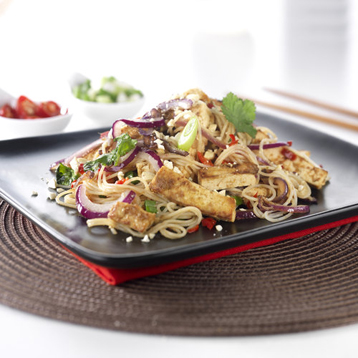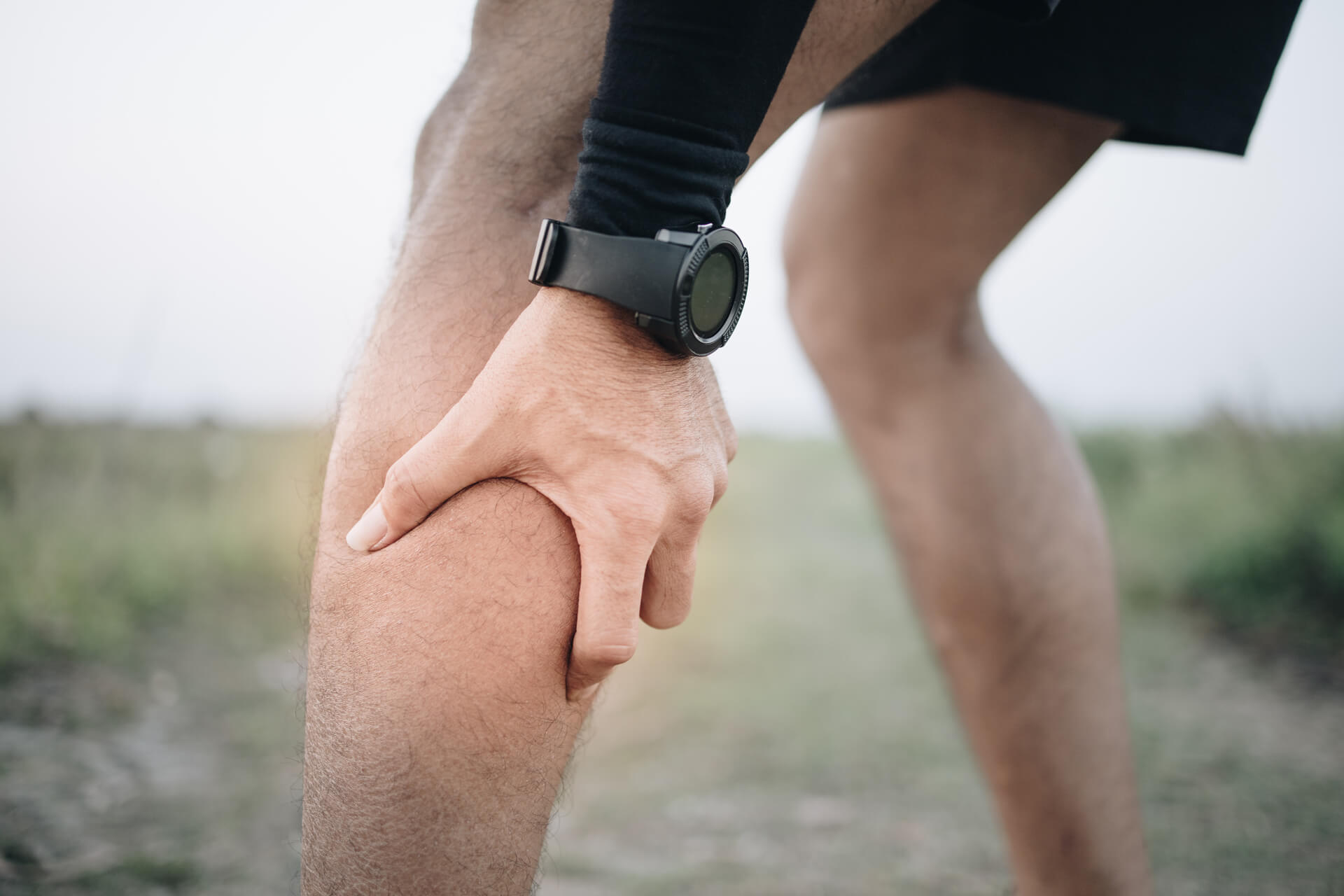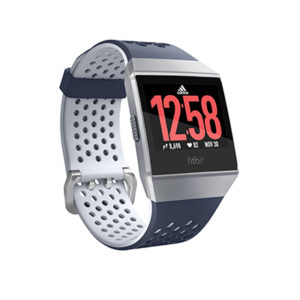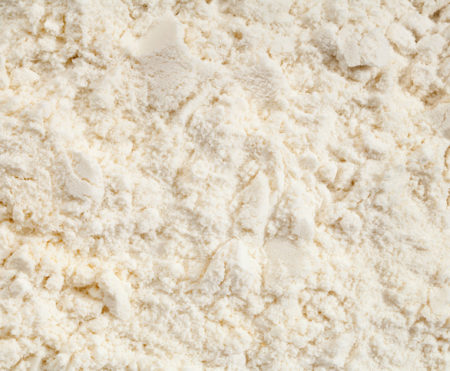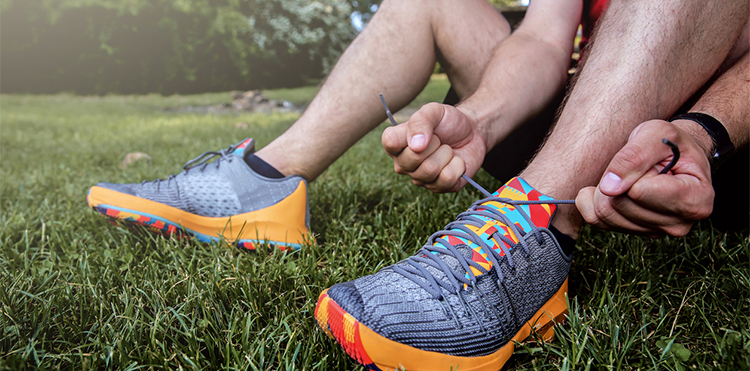It may be hard to imagine that a vegetarian diet could be beneficial to your training but there are a number of advantages to be had from a meatless diet. Many of my clients reap the benefits of going vegetarian and you could too. However, as runners need about 150% more protein than the average person, it’s vital to know how to get the most out being a veggie runner.
Plant-based protein can help to build lean, strong muscle
A lot can be said for high-protein diets – they play an important role when exercising, helping to rebuild muscle and create a leaner frame – but often, typical protein sources such as meat can be loaded with unhealthy saturated fat. Fuel your body with plant-based proteins such as Quorn mince to build stronger leaner muscles and cut out unnecessary fat. Plant-based protein has also been shown to improve overall body composition, building muscle mass and reducing body fat when combined with resistance exercise and healthy overall intake. But don’t forget: it’s important when following a vegetarian diet to get the right balance to reap the rewards. As a guide, athletes who are training hard require between 1.2 and 2.2 grams of protein per kg of body weight to support muscle maintenance and improve appetite control. The average portion of a plant protein such as Quorn has around 10.9g of protein.
How to eat your greens
A vegetarian diet is rich in antioxidants, which is great for runners who are training and need essential vitamins to reduce the chance of injury and repair cellular damage. Here’s a couple that would make my list of ‘Desert Island’ training foods and that I’d encourage my clients to make a key part of their diet:
Broccoli – this super green improves vision and focus by giving the retina a power-up, and vitamin C and glutathione aid recovery. Add broccoli to your post training meal to maximise absorption of vitamin A.
Spinach – jam-packed with calcium, iron and chlorophyll, Popeye’s supplement of choice encourages the transportation of blood around the body, improving cardiovascular endurance – so your biceps may not be comically oversized but you will at least be able to run for a sustained period of time. Add spinach to a carb-rich lunch to slow the release of glucose in the blood. Leafy green foods such as spinach also improves the absorption of iron in to the blood which is essential for making sure blood is carried to the muscles and body tissues.
Green Tea – my favourite drink to have in between meals – it has been proven to widen arteries, transporting more oxygenated blood around the body, increasing stamina.
Broad Beans – broad beans are full of the amino acid tyrosine as well as a chemical found in the brain called L-dopa, helping to improve focus when running. Edamame Beans are also great as they are even more protein rich than broad beans. Around a cup full of beans will give around 20g of protein – if this seems like a lot it’s easy to mix with nuts, quinoa or tofu, which are all high in protein.

